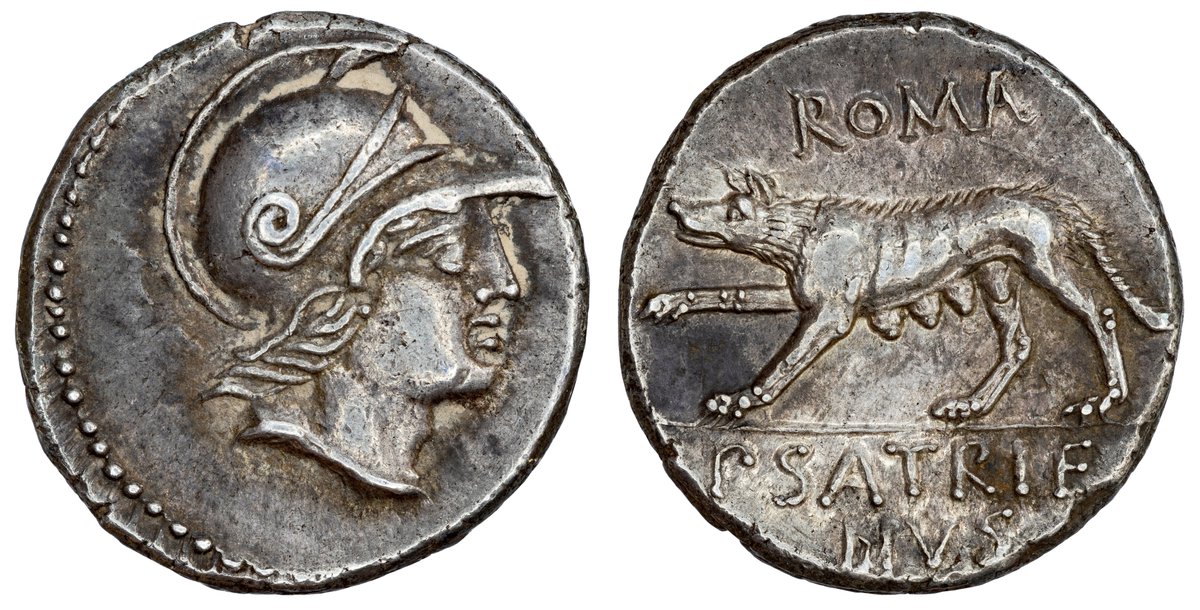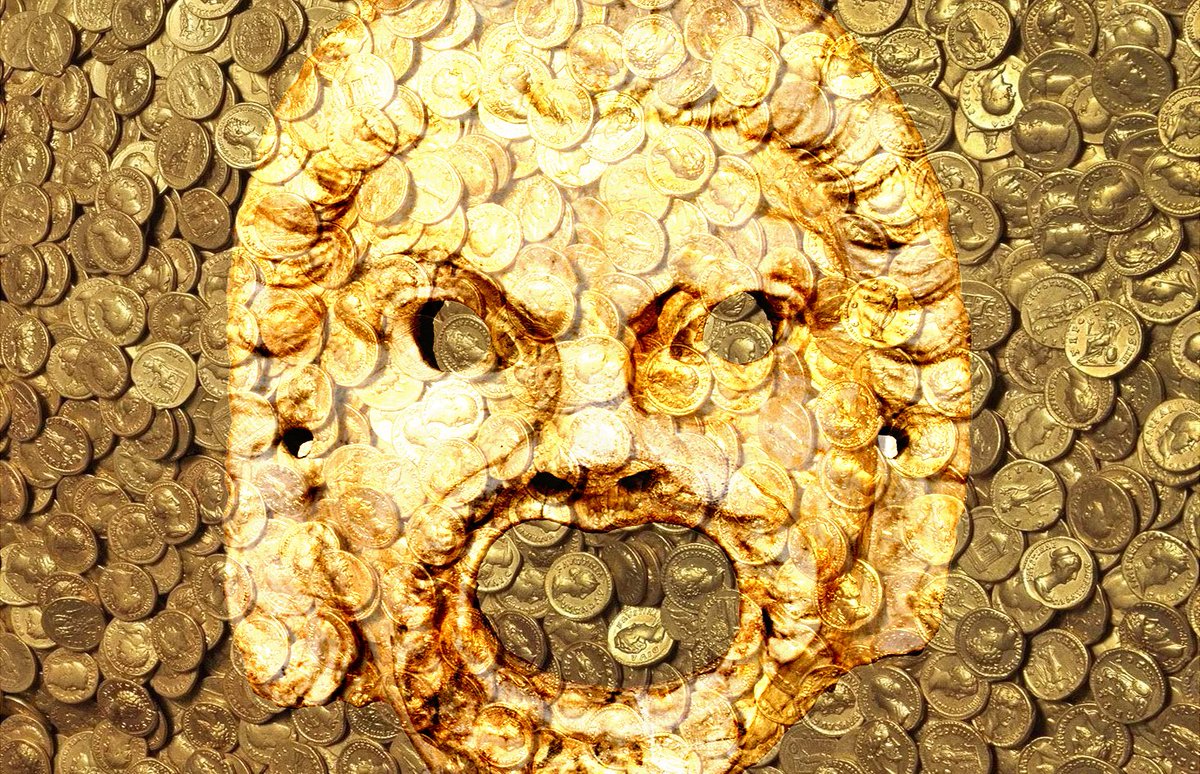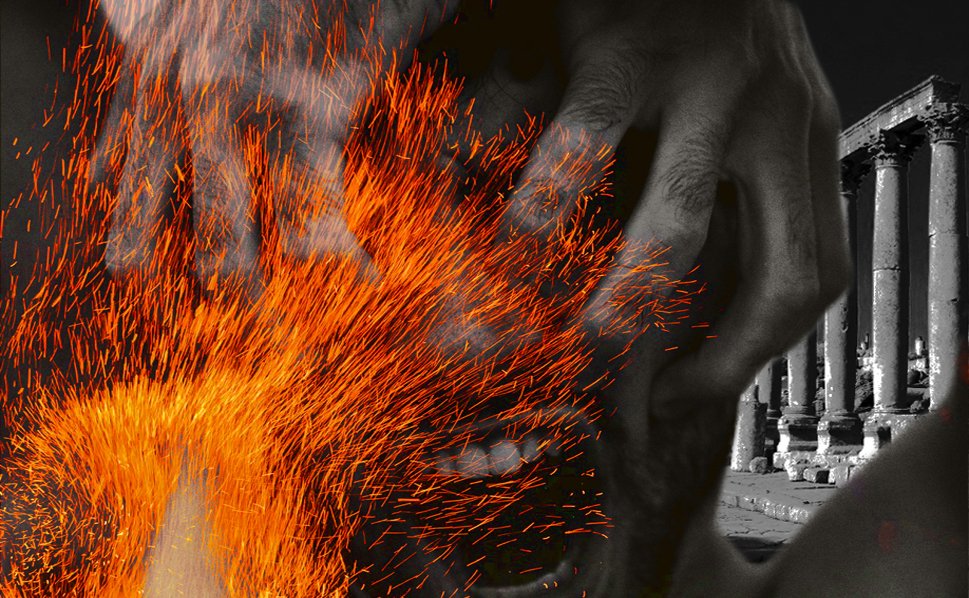
1) Roman marble statue of a draped female figure, no less beautiful despite missing head and arms. The woman wears a chiton buttoned up on the shoulders and over it, the heavier himation or mantle. Thanks to the surviving statue base she can be identified as none other than.. 


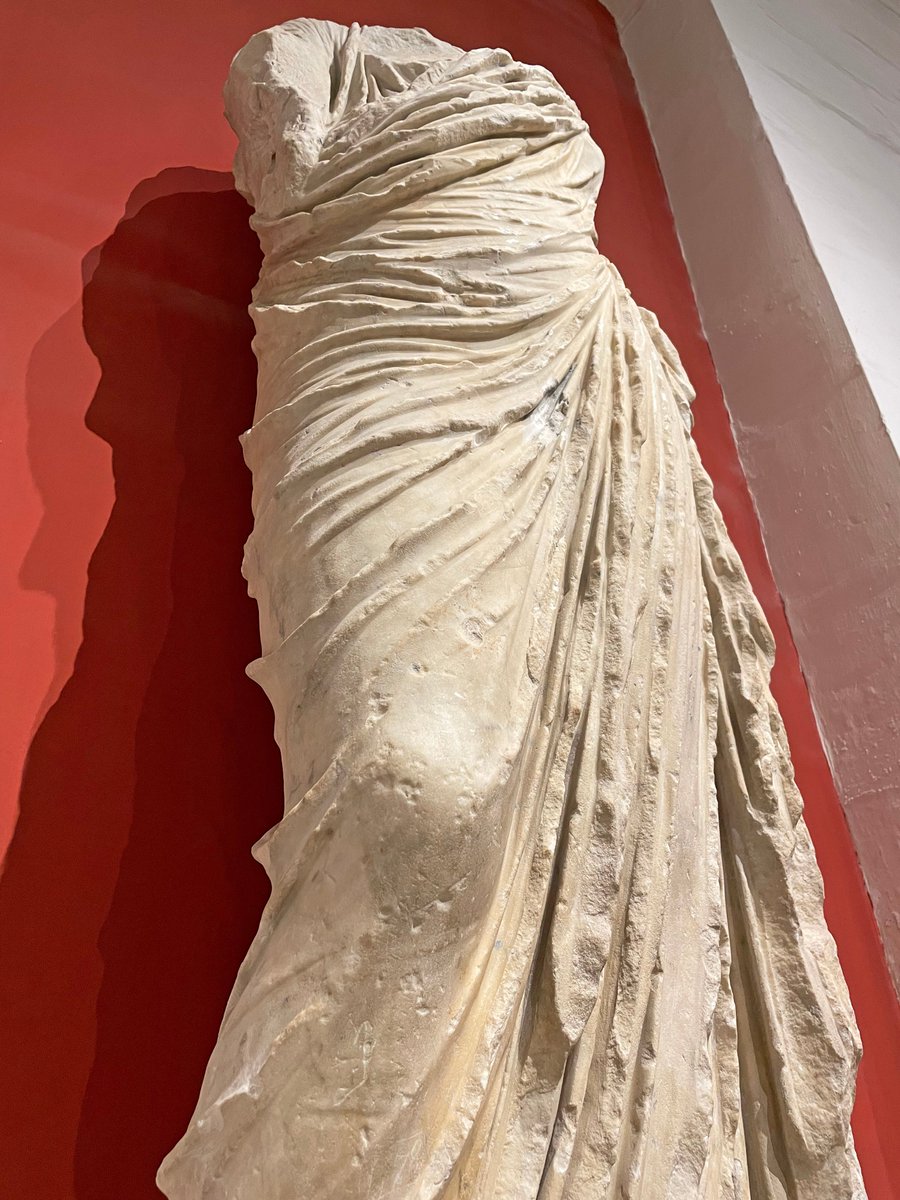
2) Livia, famed and long-lived wife of Augustus. Interestingly, the inscription identifies her as 'Ceres Julia Augusta', revealing that Livia is being presented in the guise of the maternal goddess of agriculture, the grain harvest and fertility. 

3) In her own 87-year lifetime, Livia was regularly equated with maternal goddesses of the Roman state, especially on imperial coinage - including Pax (Peace), Salus (Health), Justitia (Justice) and on a later coin from the reign of Claudius, Ceres. 







4) Livia is further named as mother of the present emperor Tiberius, which seems to date the statue between 14-37 AD. It was dedicated at the citadel of Gozo (Roman Gaulos) by Lutatia, a priestess of the imperial cult and her husband, the priest Marcus Livius Optatus. 
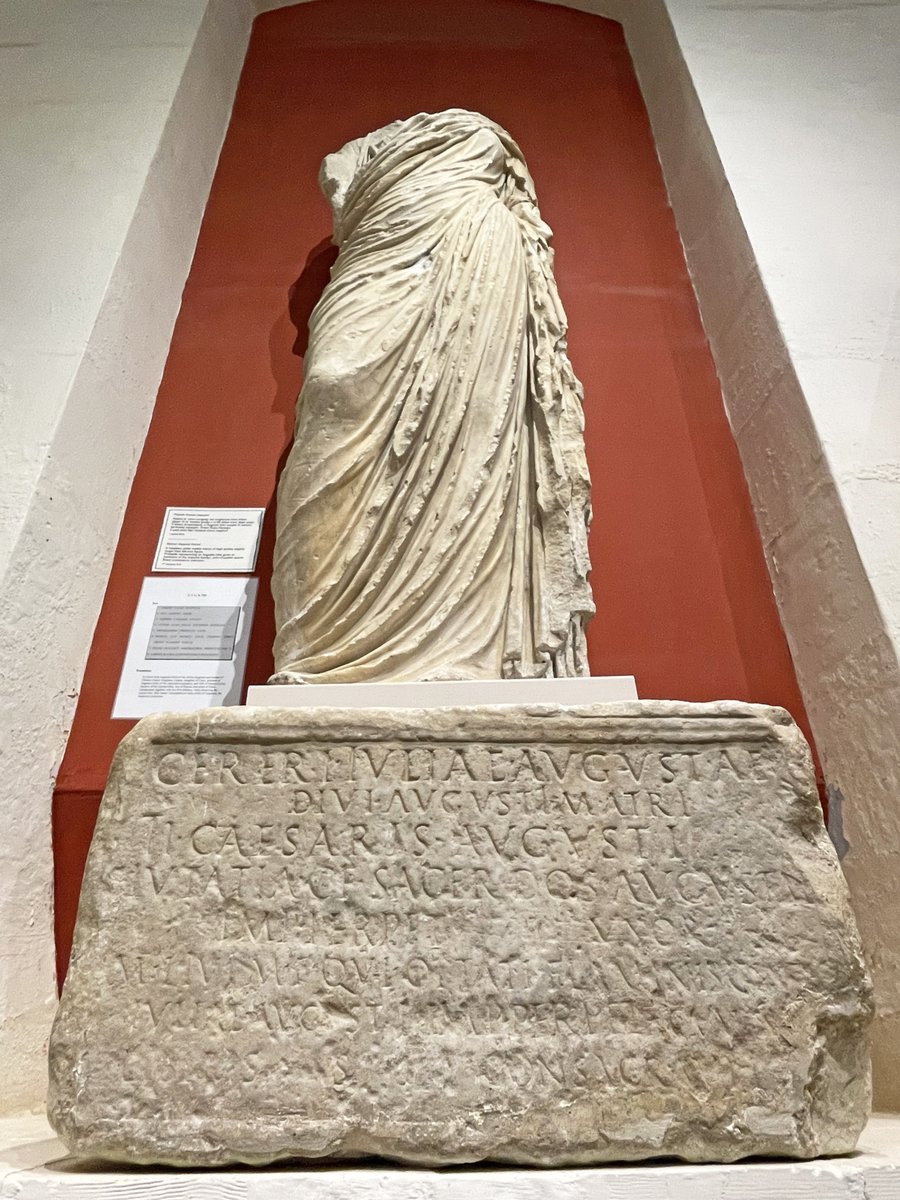
5) Incredibly, the statue appears to have been found in-situ at the entrance to the Cittadella (citadel of Victoria on the island of Gozo, Malta) during rebuilding of the fortifications in the 16th century - seen still in place in this painting by Jean-Pierre Houël c.1776. 

7) The exquisite statue and its surviving base can be enjoyed at the Gozo Museum of Archaeology, Malta. 

• • •
Missing some Tweet in this thread? You can try to
force a refresh




